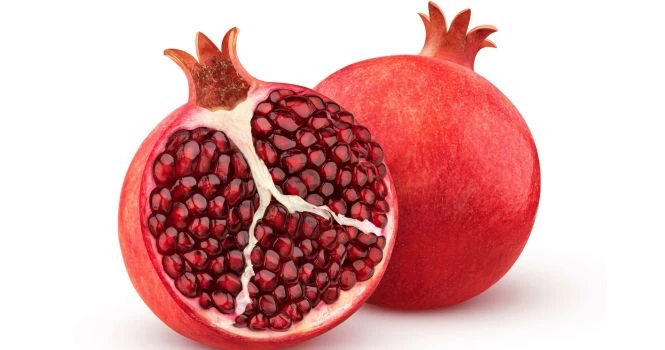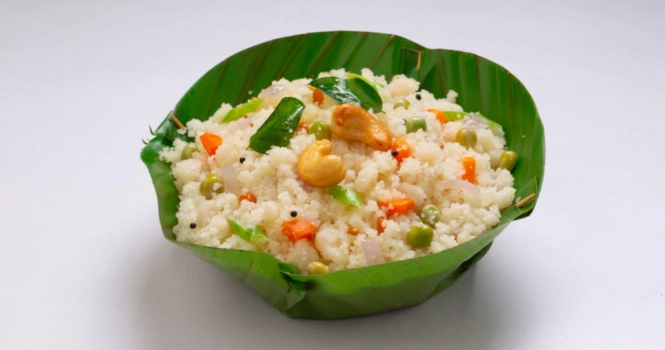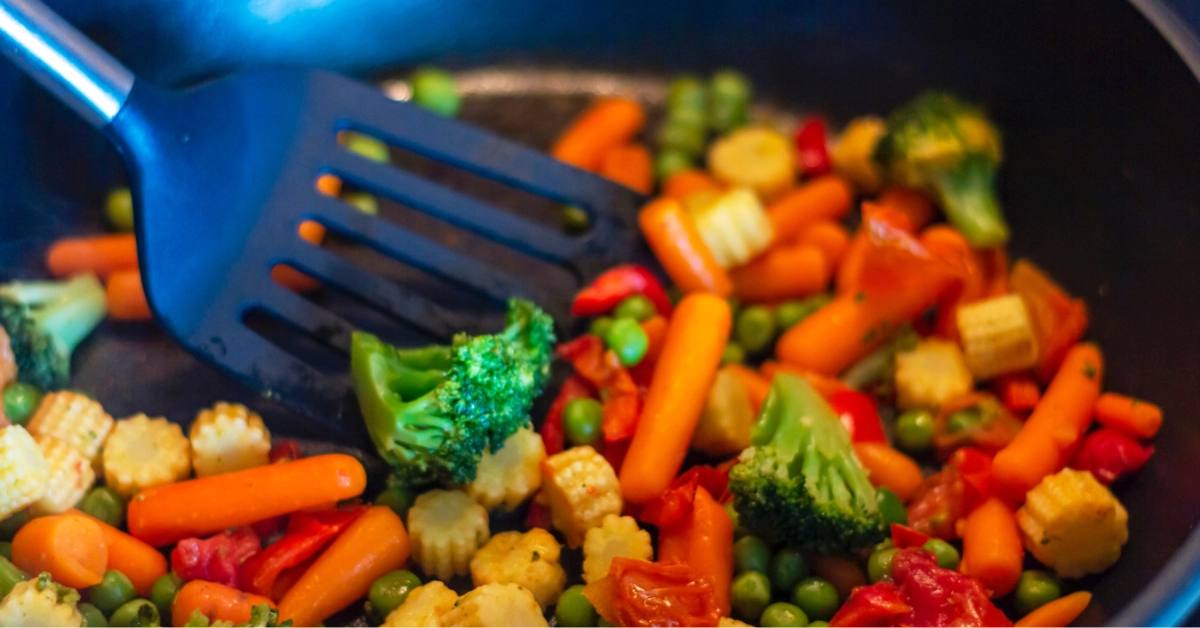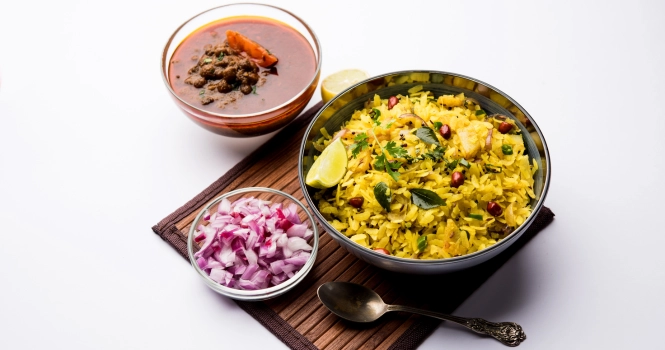When indulging in the creamy delight of Dairy Milk chocolate, many of us might not pause to consider the caloric content of this popular treat.
However, understanding how it fits into a balanced diet is essential for those mindful of their nutritional intake. Let’s look into the calorie content of Dairy Milk chocolate and how it compares with other snacks
The Caloric Content of 1 Dairy Milk Chocolate
Dairy Milk chocolate, a product cherished by many for its smooth, rich taste, contains a significant amount of calories, similar to other milk chocolates.
A standard 45g bar of Dairy Milk chocolate typically contains approximately 240 calories. It’s crucial to note that these values can vary slightly based on the specific product variant and size.
Breakdown of Nutritional Components
Apart from calories, it’s essential to understand the nutritional breakdown of Dairy Milk chocolate to assess its impact on your diet:
Fats: A 45g bar contains around 13g of fat, of which 8g are saturated. This is a considerable portion of the recommended daily fat intake, especially saturated fats.
Sugars: Sugars account for a significant part of the caloric content, with about 25g of sugars in a 45g bar. This is a critical consideration for those monitoring their sugar intake.
Proteins: Dairy Milk chocolate provides a small amount of protein, approximately 3g per 45g bar, contributing minimally to daily protein requirements.
Comparing with Other Snacks
When considering calorie content, Dairy Milk chocolate falls within the same range as other confectionery items. For instance, a standard chocolate chip cookie might contain around 50 calories, requiring around five cookies to match the caloric content of one Dairy Milk bar. This comparison can help contextualize Dairy Milk’s caloric density and guide portion control.
1 Ferrero Rocher Calories
A single Ferrero Rocher chocolate typically contains around 73 calories. This calorie count can vary slightly depending on specific variations or changes in the recipe by the manufacturer.
Enjoying Dairy Milk Chocolate in a Balanced Diet
Indulging in Dairy Milk chocolate can certainly fit within a balanced diet, provided it is consumed in moderation. Some tips for incorporating it are,
Portion Control: Consider breaking the bar into smaller pieces and savoring each piece to satisfy your craving without overindulging.
Balance with Physical Activity: Offset the caloric intake from chocolate with physical activity. For example, a brisk 30-minute walk can help balance the calories from a standard Dairy Milk bar.
Mindful Eating: Enjoy Dairy Milk chocolate as an occasional treat rather than a daily indulgence, and be mindful of its contribution to your overall caloric intake.
Frequently Asked Questions
Can Dairy Milk chocolate be part of a weight loss diet?
Yes, it can fit into a weight loss diet if consumed in small quantities and accounted for within your daily caloric intake.
How does Dairy Milk chocolate compare to dark chocolate in terms of calories?
Dark chocolate typically has fewer calories and sugars but more fats compared to milk chocolate like Dairy Milk. It also offers antioxidants not found in milk chocolate.
How many calories does single square Daily Milk Chocolate contain?
A single square of Dairy Milk chocolate, which is typically about 4.5g, contains approximately 24 calories. This estimate is based on the general nutritional information provided for Dairy Milk chocolate, where a standard 45g bar is known to contain around 240 calories.
Therefore, dividing this total by the 10 squares usually found in a bar gives the calorie content for a single square. It’s important to note that these values can vary slightly depending on the specific variety of Dairy Milk chocolate and the country of purchase due to variations in recipe and size.










